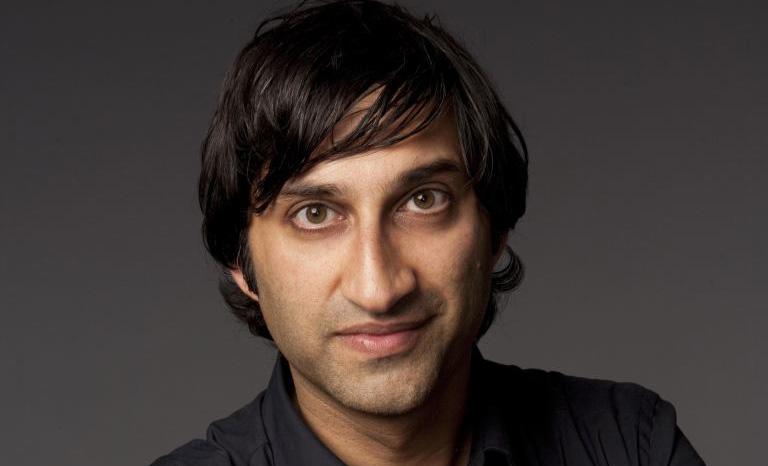‘Diego Maradona’ Director Asif Kapadia Talks About His Doc
LOS ANGELES (Variety.com) – Global sports icon and lauded soccer player Diego Maradona’s dramatic life intrigued Oscar and BAFTA winner director Asif Kapadia (“Amy,” “Senna”) while he was still in film school. “It had an incredibly strong backstory and extremes of good and dark,” he recalls. More than 20 years later his feature documentary “” premiered at the Cannes Film Festival, and this week screens at Sarajevo Film Festival. The documentary follows Maradona’s stint at Naples, as the charismatic star came into his own and mixed with a streetwise crowd.
You’ve had a lot of experience working with archival materials. What is your process when culling down a 500-hundred-hour archive?
I’m the master of making it as difficult as possible for myself. His agent had the idea to make a film about Diego Maradona in the early 1980s and he hired two cameramen to follow him from Argentina to Spain and Barcelona and then to Naples. The 500 hours is just the personal footage. There are thousands of hours in news and archival footage. And each match was two hours: the process is of elimination. You look at the footage, study it and ask: where’s the drama? Where’s the story? What’s vital? What’s repetitive? That’s the fun and challenge of the process. What pushes the story forward? You have to make tough choices. You can’t put everything in when you’re covering someone who has led such a long and “rich” life.


What about “Diego Maradona” builds on what you’ve done before and what’s different?
Sadly and tragically [Ayrton] Senna and Amy Winehouse died young. What we’ve got here is a man who is still going and doing things. One of the challenges was where does the story end? I’m telling a story that happened 30 years ago in Naples. The archive may be saying one thing, the people around him are saying another thing and you meet Diego, and he says the absolute opposite. It’s his life and his story, but it doesn’t match what others are saying. And that’s all part of the challenge. I wanted to do a film which pushed me into a different direction. I didn’t want to keep repeating myself.
How did you approach the documentary stylistically?
There are no talking heads: I wanted to make it feel dramatic and exciting and make it feel like you’re there. The score, sound and energy of it: the idea is to take you to some place you’ve not been. I do interview Maradona but the way it’s constructed, you only hear his voice, very much of the style of “Amy.” Certain parts of his life are similar to Ayrton Senna’s in that he was a Latin American hero; other parts are similar to “Amy” because he had issues of addiction. But it’s also about growing up and getting older, family and other issues, which are far more complex and less simple and less black-and-white in a way.
